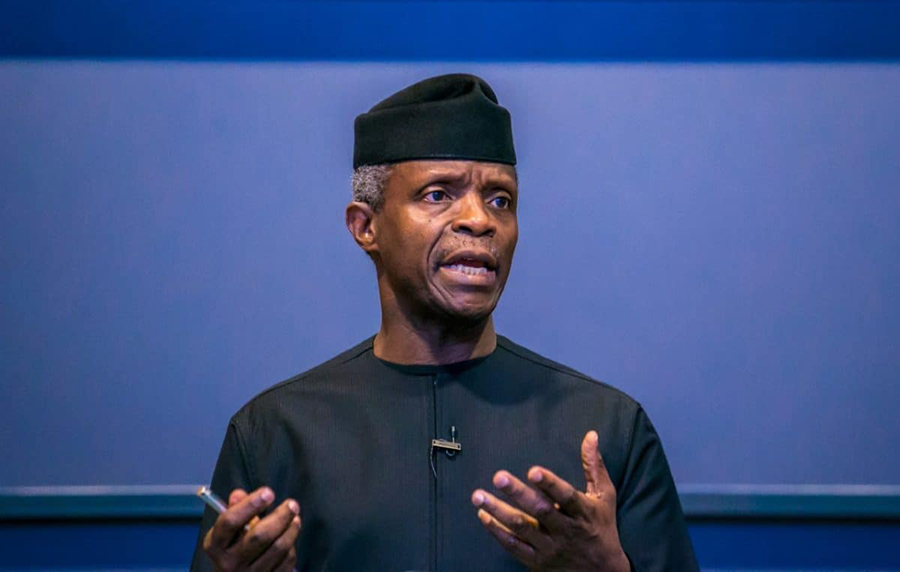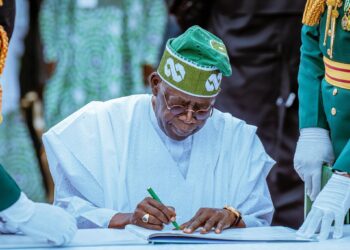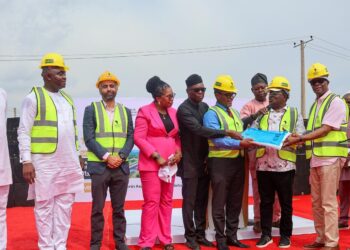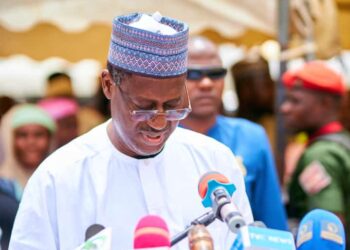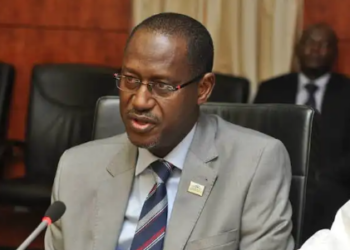The Vice President, Yemi Osinbajo has said Nigeria will need $3trillion in the next 30 years to reduce its infrastructural deficit.
He disclosed this while featuring at a webinar organized by the Bureau of Public Enterprises (BPE).
Osinbajo told the webinar that Nigeria needs to adopt new models of investments for infrastructural developments because relying on public expenditure alone is not sustainable.
READ: How digital transformation will impact Nigeria’s projected $8.79 billion economic expansion
The seminar discussed the roles of Public-Private Partnership (PPP) in developing Nigerian infrastructure. The Vice President said Nigeria still face a huge infrastructural deficit, despite government investment which is a roadblock to rapid economic growth.
“The Federal Government recognizes this fact, which is why we are considering other approaches to complement and boost financing for the development and maintenance of infrastructure in Nigeria.
READ: Nigeria’s Broadband subscriptions peak at 82.7m – Prof. Danbatta
“It is clear that this deficit can only be made up by private investment. Private sector is 92 per cent of GDP, while the public sector is mere 8 per cent. So, the synergy between the public and private sector through Public-Private Partnerships (PPP) is really the realistic solution.
“The fact that only N2.49 trillion was appropriated for capital expenditure in 2020, reflects the importance of deliberate and pragmatic action to boost infrastructural spending.
READ: #EndSARS: Infrastructure and Works, Education, 3 others are prioritised in Lagos’ 2021 budget
“It seems to me to be quite clear that the financial outlay and management capability required for infrastructural development and service delivery outstrip the financial and technical resources available to government.
“In other words, the traditional method of building infrastructure through budgetary allocations is inadequate and set to become harder because of increasingly limited fiscal space,” he said.
READ: FEC okays FMBN’s request to purchase banking application software for N487.39 million
He revealed that the FG has launched a series of PPP’s to enable Nigeria meet its infrastructure deficit needs, citing the roles of agencies like the BPE with PPP’s.
“The Federal Government has recently issued a circular on the administration of PPP projects in the country to provide the much-needed clarity.
READ: AfDB to support FERMA with $10 billion for roads, others
“The circular re-emphasises that the BPE shall be responsible for the concession of public enterprises and infrastructure already listed in the First and Second Schedules of the Public Enterprises Act.
“The circular equally stipulates that the BPE shall act on behalf of the Federal Government, as the counterparty on all infrastructure projects being developed on a PPP basis,” he said.
READ: CBN launches Private Sector-led Accelerated Agriculture Development Scheme
He disclosed that the Infrastructure Concession Regulatory Commission (ICRC) would continue to act as the regulatory agency for PPP transactions, with directives including inspections and monitoring PPP projects.
“It is expected that this new policy direction would provide clarity to stakeholders and foster the improvement of PPP programmes in the country.
“Ministries, Departments and Agencies, as well as the multilateral agencies and our development partners are urged to support the PPP policy objectives and institutional arrangements already put up by government,” he said.
READ: FG says vehicle owners to pay N250,000 to convert from petrol to autogas
What you should know
- Nairametrics reported last month that Moody Investors Services revealed that Nigeria needs to spend about $3 trillion in over 30 years to bridge the infrastructural gap experienced in the country.
- The Minister of Works and Housing, Babatunde Raji Fashola, revealed that the Federal Government needs at least N500 billion annually for the next 3 years to develop and fix its 35,000 kilometres road network, as work continues on 13,000 kilometres of the network.
- Nairametrics also reported last month that the FG approved the establishment of an infrastructure company that will be wholly focused on critical infrastructural investments in the country.

